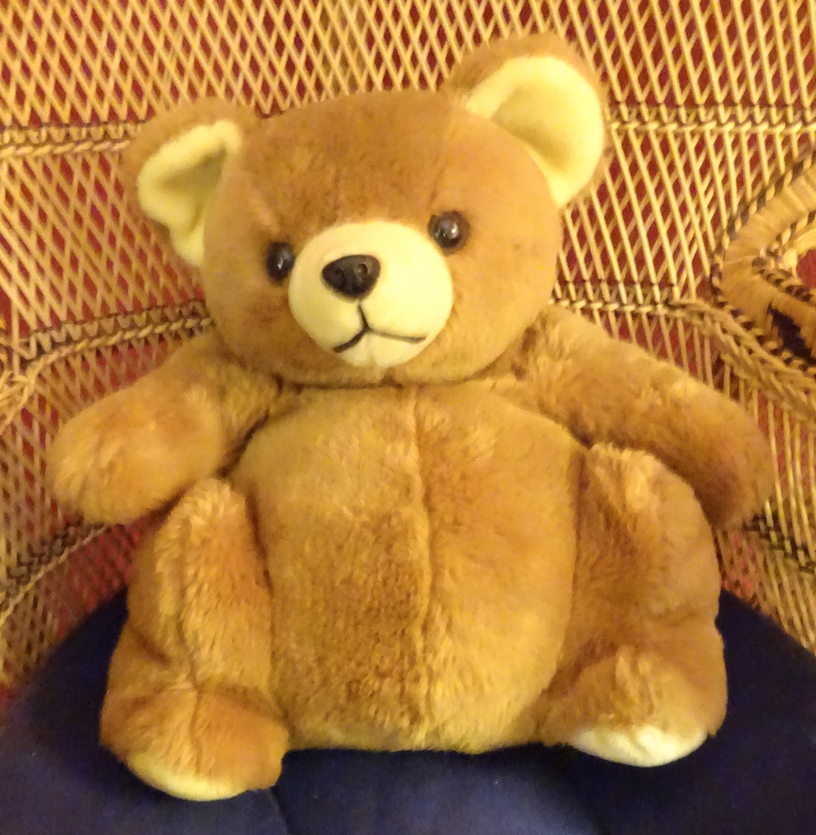Many, if not most people, come to doctors, sleep doctors or clinics because of symptoms or at the request of a family member. Symptoms can be almost any issue with sleep and its quality, but nonrestorative sleep with daytime tiredness is the most common. More on that at another time. Family members often become concerned because of a person’s snoring or the interrupted breathing of a family member – a Bear in the Bedroom.

Snoring is extremely common with estimates running greater than 50% of some populations reviewed. Snoring is common in Obstructive Sleep Apnea and snoring is a sign of possible apnea. But, not all those individuals with Obstructive Sleep Apnea snore and not all snorers have the condition.
Well, what about a bear in the room? To be honest, I don’t even know if bears snore. The phrase, ‘snores like a bear,’ is frequently used to describe loud snorers. Loud is hard to define. One person’s loud is another person’s soft. However, if we define loud as being able to hear someone outside of their sleeping room and down the hall or up or down stairs, those folks almost always have apnea and it is usually significant apnea.
Hear Someone Snoring From Outside Their Room? They All Most Always Have Apnea!
Do you hear you mother, father, sister, brother, friend, roommate, spouse or significant other snoring from the other side of the house? They should be considered to have Obstructive Sleep Apnea until testing proves that is not the case. Loud snoring is almost always Obstructive Sleep Apnea. We’ll talk more about snoring in a future issue.
The Intermittent Bear in the Bedroom
You can hear the person sleeping. They are snoring, first softly and then more loudly. The snores develop a rhythmic pattern. They start to come and go. The pattern of noise gets your attention and keeps you from sleeping.
There is a loud, gasping, rough sounding snore or several in a row. Following these grating, rattling noises, a slow, steady, almost melodious series of snores rhythmically lull you back toward your own sleep. The snores fade and stop. You listen and hear nothing. Then, after this quiet period, the grating, gasping suddenly returns and jars you awake.
Does the above experience sound familiar? They are the sounds of obstructive apnea. The quiet period is the apnea. The person is breathing and the diaphragms are working to move air into the lungs, but the airway is closed and no air is moving. The person takes a forceful breath and the airway opens with a loud gasp.
If you have been observed to have these events, you are extremely likely to have obstructive apnea. If you have seen these events in others, they are also likely to have apnea.
Hear Someone Having Breathing Problems While Asleep? They Almost Always Have Apnea!
If you sleep in a room or home with a bear, you are sleeping with someone who probably has significant Obstructive Sleep Apnea.
What Have We Reviewed
Loud snoring is almost always a sign of Obstructive Sleep Apnea.
Not everyone with Obstructive Sleep Apnea snores.
Hearing and Observing someone with breathing problems while he is asleep is almost always a sign that he has Obstructive Sleep Apnea.

Previously
Obstructive Apnea is a very common problem for humans.
Symptoms and signs are often non-specific
When sleep symptoms are present, Obstructive Apnea is often the cause.
What to Expect in Future Installments
What is Obstructive Apnea?
Why are individuals with Obstructive Apnea tired and sleepy?
Do you know what your apnea number was when you were diagnosed?
What are the goals of Apnea Therapy?
What is your apnea number now?




